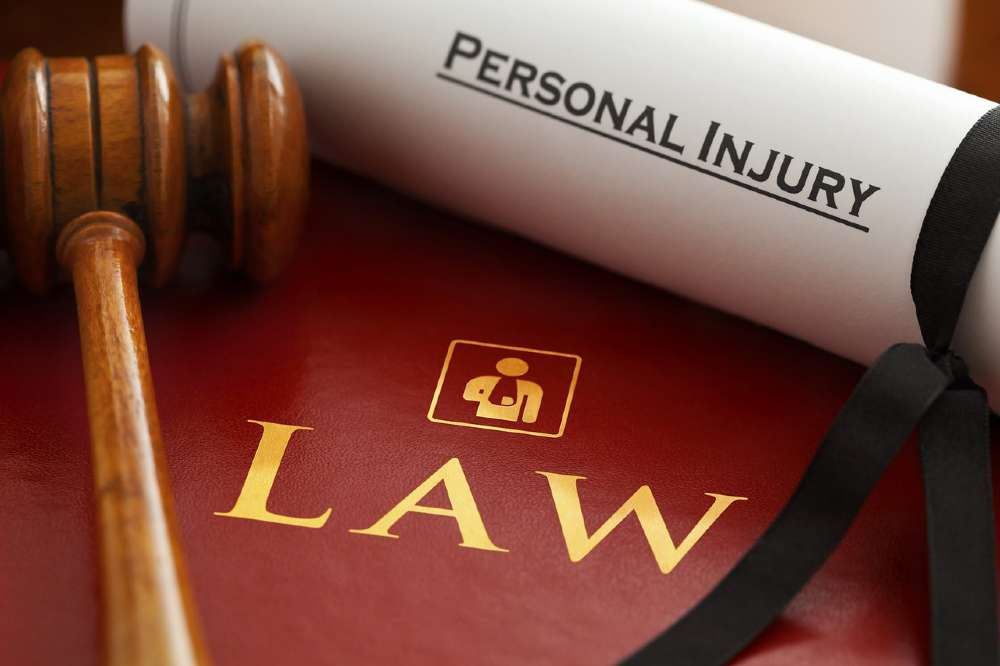Navigating the aftermath of an accident or injury can be overwhelming, particularly when it comes to seeking compensation. Understanding the ins and outs of filing a personal injury claim is essential to ensure you receive the justice and financial support you deserve.
This guide will walk you through the key aspects of filing a personal injury claim, from determining eligibility to dealing with insurance companies and understanding the legal process.
The Role of a Personal Injury Attorney
Hiring a personal injury attorney can significantly impact the outcome of your claim. An attorney with experience in personal injury law can guide you through the complex legal process, from filing paperwork to representing you in court if necessary.
Whether you are looking for a Broward County Injury Attorney or in any other place, they will also handle communication with the insurance company, ensuring that your rights are protected, and you receive the compensation you deserve.
One of the key benefits of working with an attorney is their ability to accurately value your claim. Many factors can influence the amount of compensation you receive, including the severity of your injuries, the impact on your ability to work, and any long-term effects on your quality of life. An attorney can also help identify all possible sources of compensation, such as multiple liable parties or insurance policies you may not have considered.
Understanding Personal Injury Claims
Personal injury claims are legal disputes that arise when someone suffers harm from an accident or injury, and someone else might be legally responsible for that harm. These cases typically involve the injured party seeking compensation, known as damages, for the losses they have suffered. These losses can include medical bills, lost wages, pain and suffering, and other related expenses.
To successfully file a personal injury claim, it’s crucial to understand the fundamentals. Personal injury law, also known as tort law, covers a wide range of situations, including car accidents, slips and falls, medical malpractice, workplace injuries, and more. The key element in these cases is establishing that another party was negligent, meaning they failed to act with reasonable care, leading to your injury.
Determining Eligibility for a Personal Injury Claim
Before filing a personal injury claim, it’s important to assess whether you are eligible. Not every injury or accident will qualify for a claim. Generally, you must be able to prove that another party was at fault due to their negligence or intentional actions.
In legal terms, you must demonstrate four key elements: duty of care, breach of duty, causation, and damages. First, you must show that the other party owed you a duty of care, meaning they had a legal obligation to act in a certain way to prevent harm.
Second, you need to prove that this duty was breached, meaning the other party failed to meet their responsibility. Third, you must establish causation, showing that the breach directly caused your injury. Lastly, you need to demonstrate that you suffered damages as a result of the injury, whether physical, emotional, or financial.
Steps to Take Immediately After an Injury
The moments following an injury are crucial to building a strong personal injury claim. First and foremost, seek medical attention immediately, even if your injuries seem minor. A thorough medical examination will not only ensure your health and safety but also provide essential documentation of your injuries, which will be critical evidence in your claim.
After addressing your medical needs, it’s important to gather as much evidence as possible from the scene of the accident. This can include taking photos of the scene, getting contact information from witnesses, and noting any conditions that may have contributed to the accident. If you were involved in a car accident, for example, you should also exchange insurance information with the other driver and file a police report.
Dealing with Insurance Companies
One of the most challenging aspects of filing a personal injury claim is dealing with insurance companies. Insurance adjusters may seem friendly and helpful, but their primary goal is to minimize the amount the company pays out. They might offer you a quick settlement, but it’s important to remember that these initial offers are often much lower than what you may be entitled to receive.
Before accepting any settlement offer, it’s advisable to consult with a personal injury attorney. An experienced lawyer can help you understand the full extent of your damages, including future medical expenses and lost earning potential, and negotiate with the insurance company on your behalf.
Additionally, they can advise you on whether it makes sense to take the case to court if the insurance company refuses to offer a fair settlement.
Filing a personal injury claim can be a complex and daunting process, but understanding the basics can help you navigate it with confidence.
From determining eligibility and gathering evidence to dealing with insurance companies and understanding the legal process, each step is crucial to securing the compensation you deserve. By taking timely action and seeking the guidance of a qualified personal injury attorney, you can protect your rights and work towards a fair resolution for your injury.




